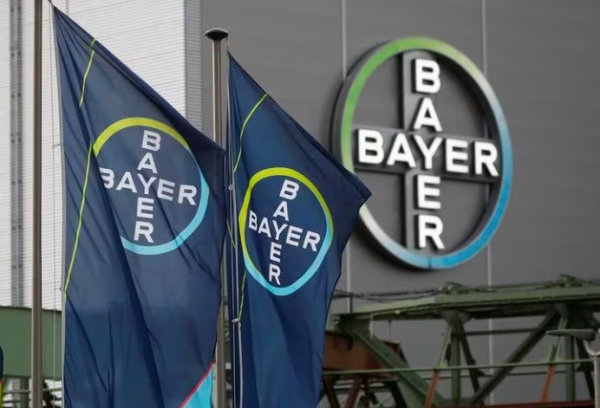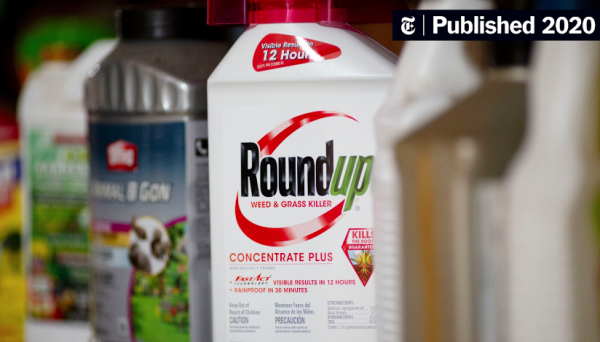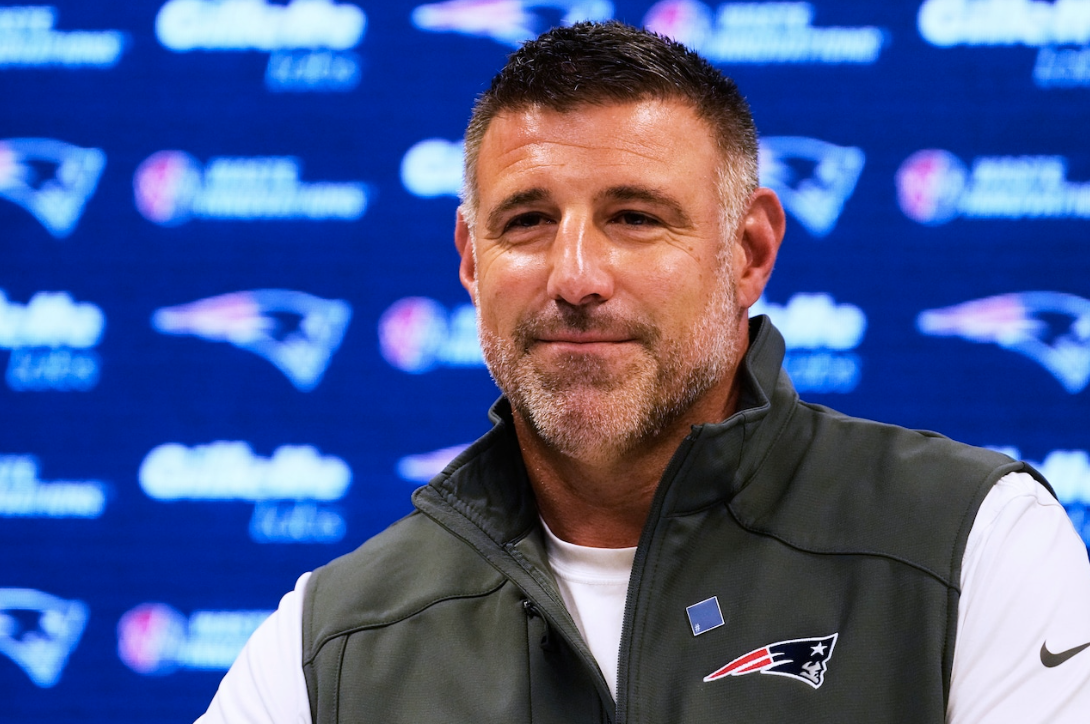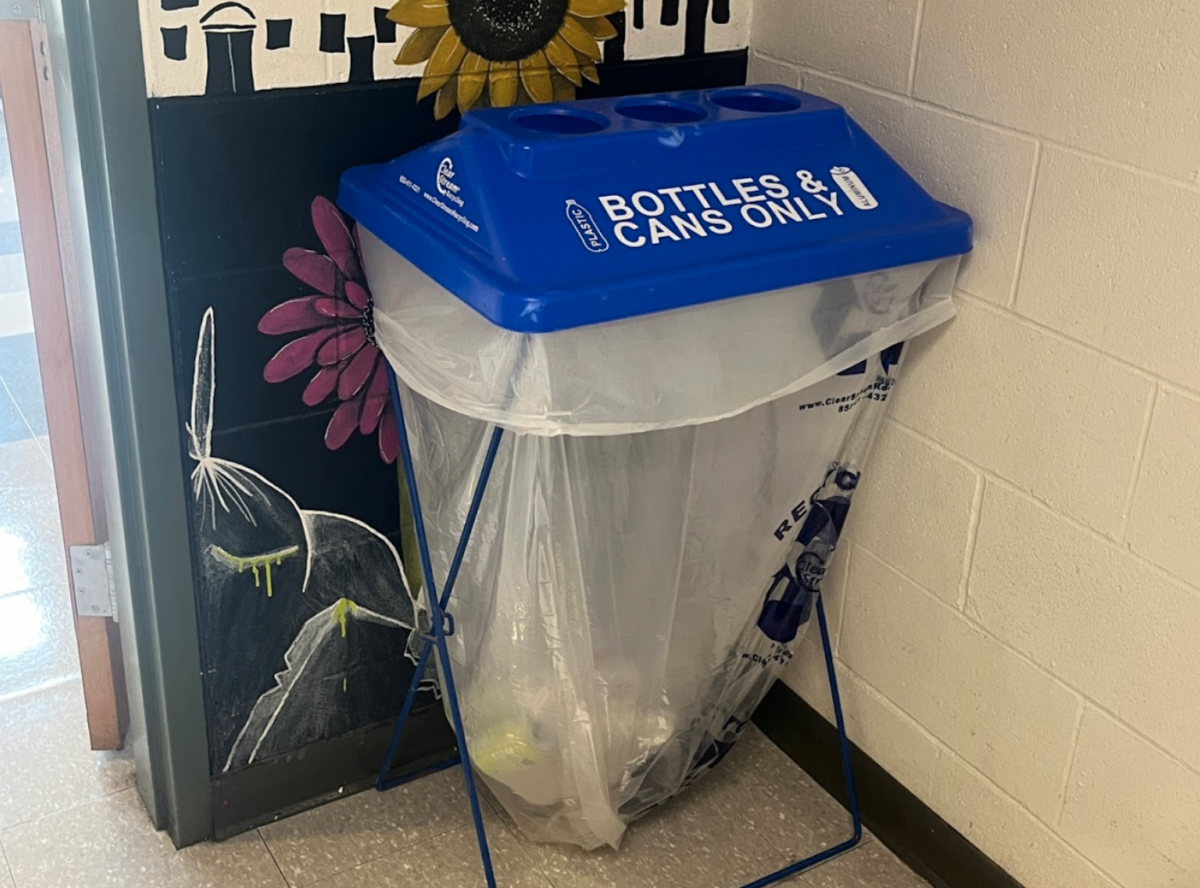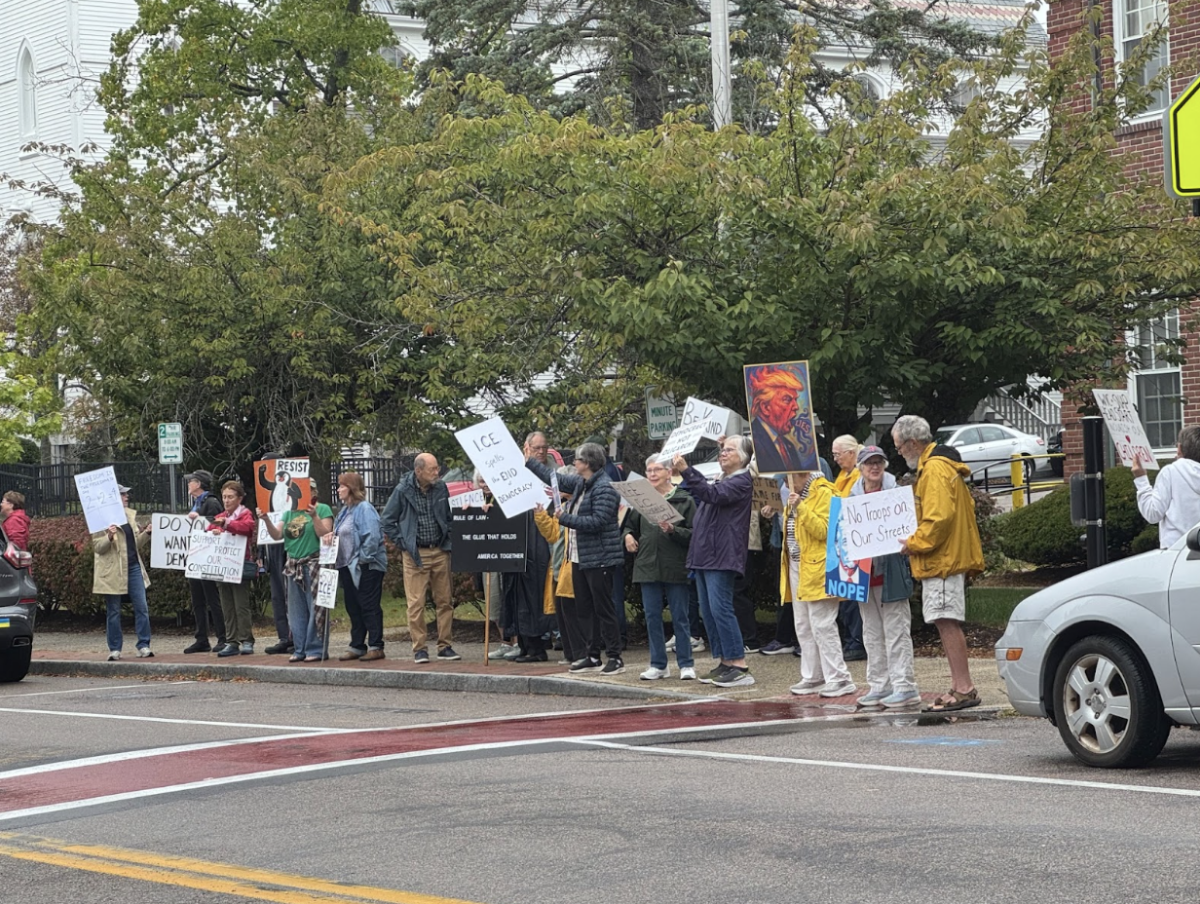In 1974, the pharmaceutical company Bayer, renowned for initially introducing aspirin and steadily expanding since 1897, launched a brand named Roundup. This product, currently a prominent choice for landscaping, incorporates glyphosate, a widely used herbicide globally. Glyphosate has been the subject of controversy and legal action. In several cases, juries have ruled in favor of plaintiffs who argued that Roundup exposure led to their cancer diagnoses.
In addition, the plaintiff in this case, John McKivison, after using Roundup in his yard for almost twenty years, was diagnosed with non-Hodgkin’s lymphoma. McKivison sued the company, and it was taken first to a Pennsylvania state court. There is speculation that he then sued the multibillion-dollar company in an attempt to pay off his medical expenses; however, that was not revealed in court.
The jury decided that $2.5 Billion was to pay off punitive damages, and the law firm working with McKivison backed him by saying that Monsanto, another branch of the Bayer company responsible for Roundup, was negligent and did not warn enough about the dangers of using the product. Ava O’Hanley, a sophomore at Hingham High School, had heard about this lawsuit from the news and said, “It is important that Bayer is being held accountable, and more testing will be done to make sure that more people are not harmed.”
However, this is not the first time that Bayer has been sued; recently in 2020, they put aside upwards of $10 billion for settlements. However, the difference in this case is that McKivison is not willing to settle. Josslyn Garboski, a junior at Hingham, thinks, “A lot of the time, larger companies are dismissed and are not held accountable. Whether or not Glyphosate really does cause cancer, more tests should be done before it is a regular household item.”
The issue is that there is varying information on glyphosate and its tendencies to cause cancer. The World Health Organization says that it is most likely carcinogenic (causing or tending to cause cancer). However, the US Environmental Protection Agency said that if you use glyphosate according to the label, it shouldn’t be a worry for an individual’s health. They also mentioned that it’s probably not a human cancer-causing element, completely going against the World Health Organization. Likewise, the European Commission looked into it last year and found no proof that glyphosate causes cancer. Despite the mixed research on Glyphosate, which is being more thoroughly researched in regards to health in humans, the Bayer company is appealing the case and hoping for less of a financial burden on their company.
